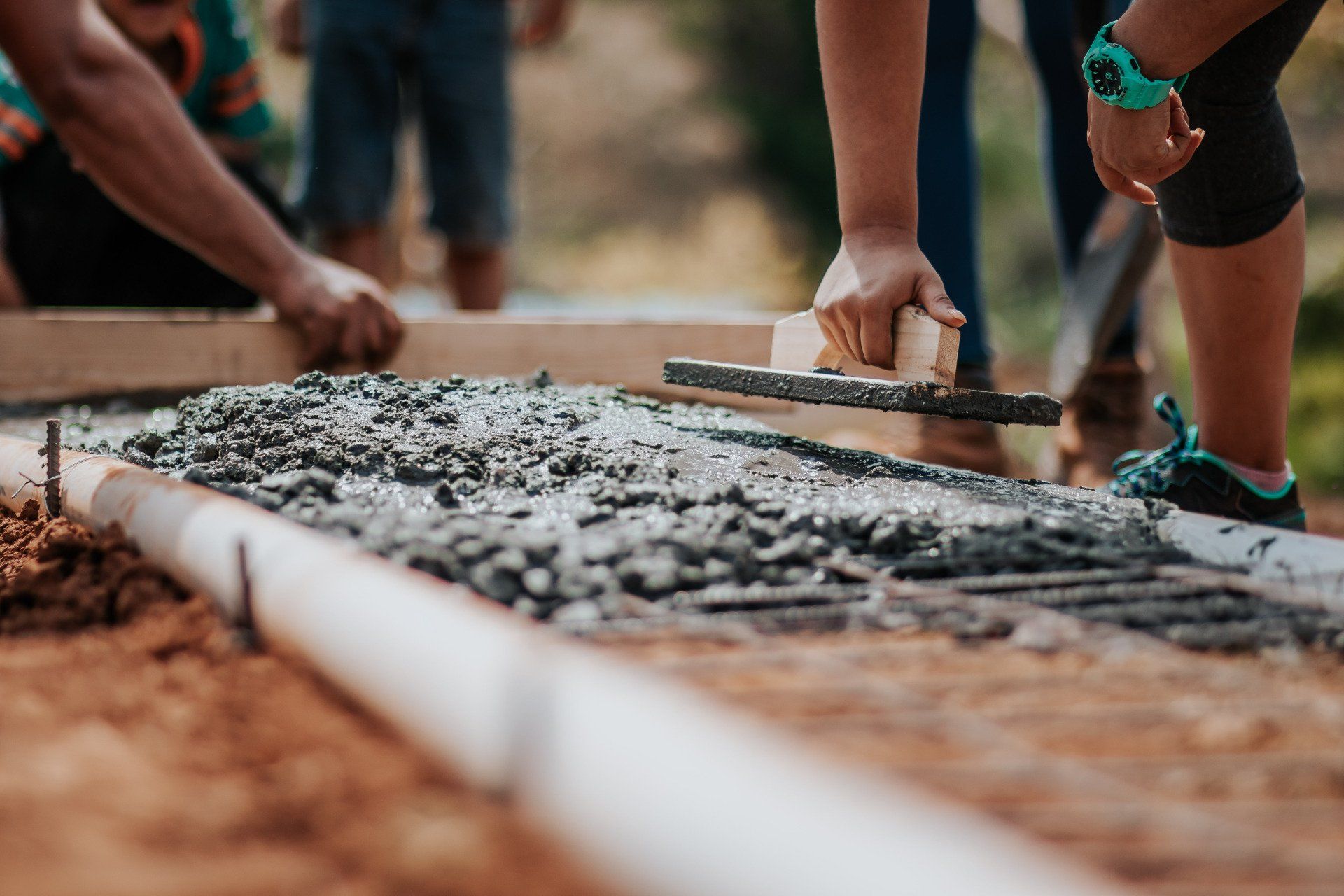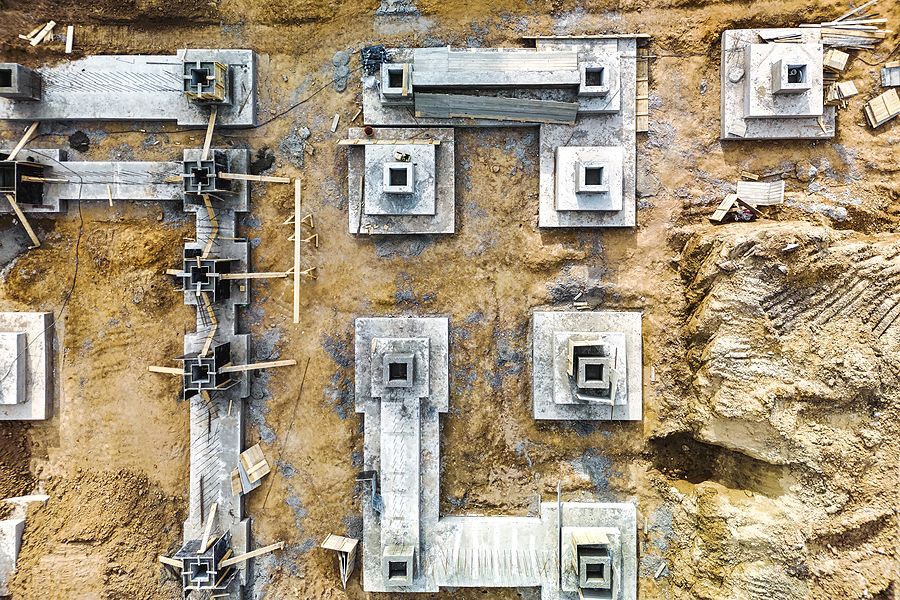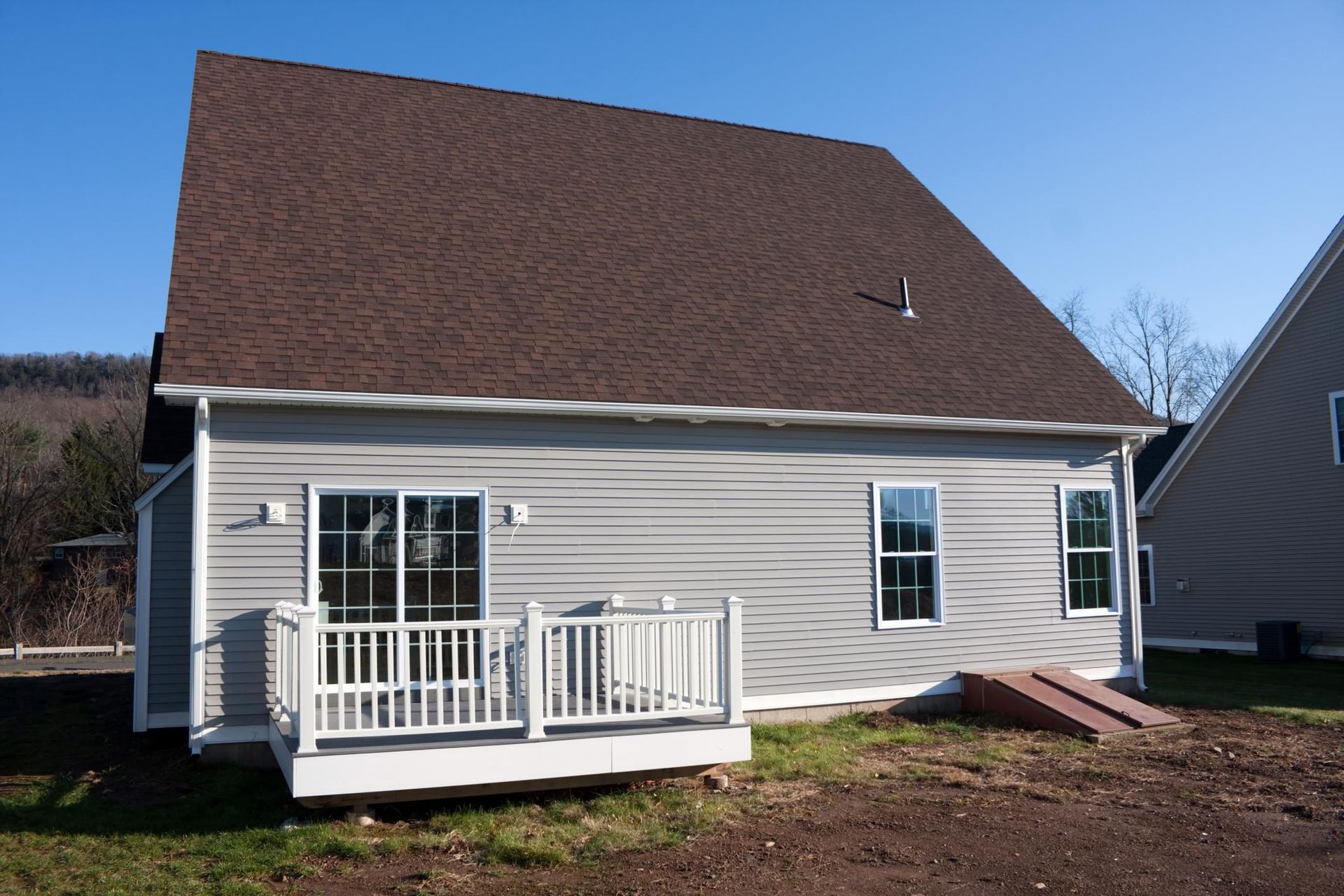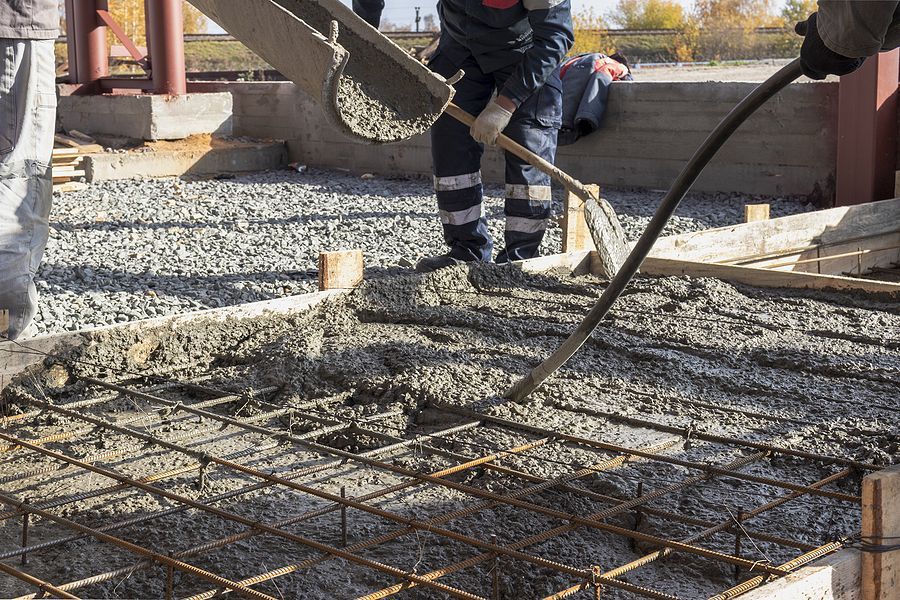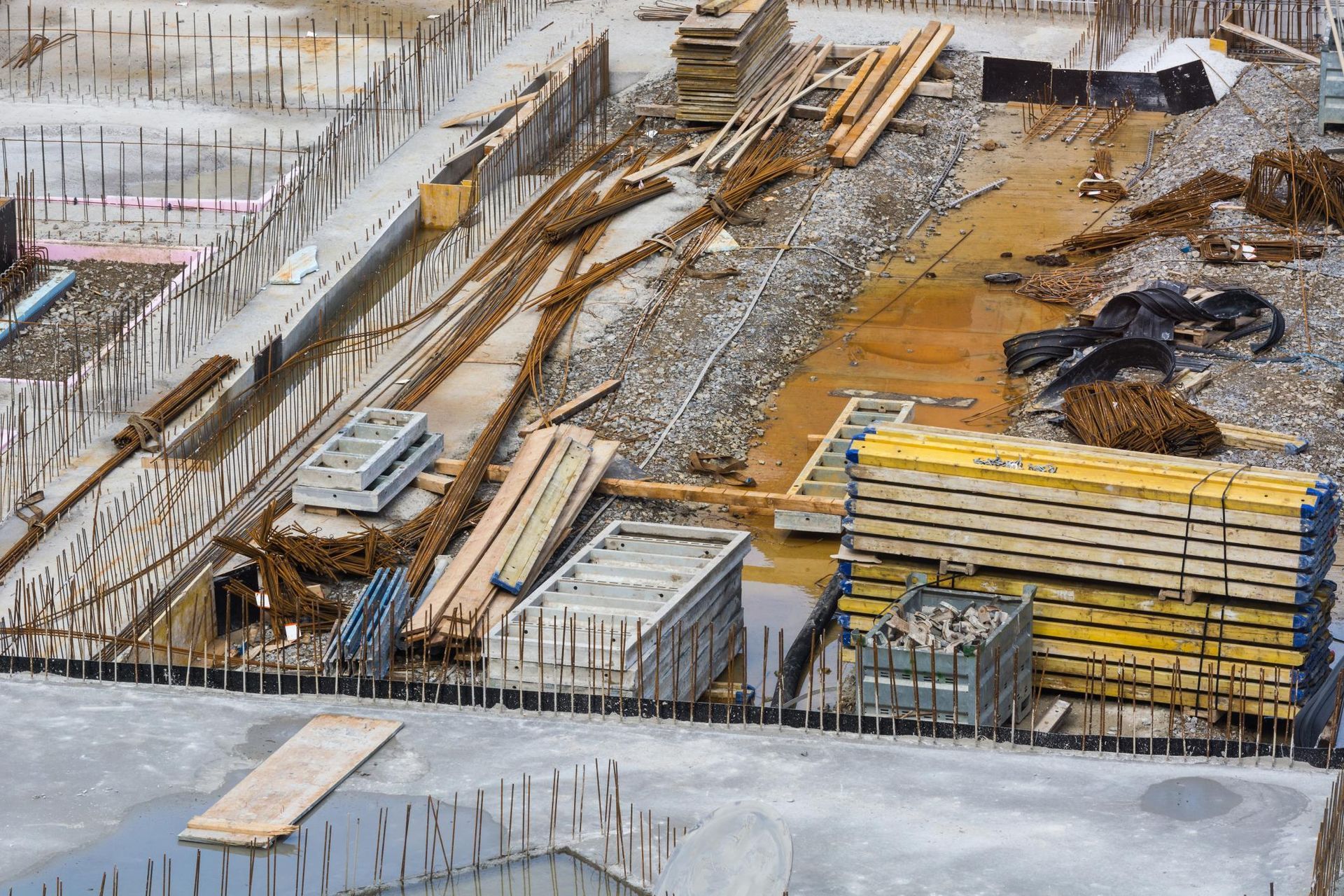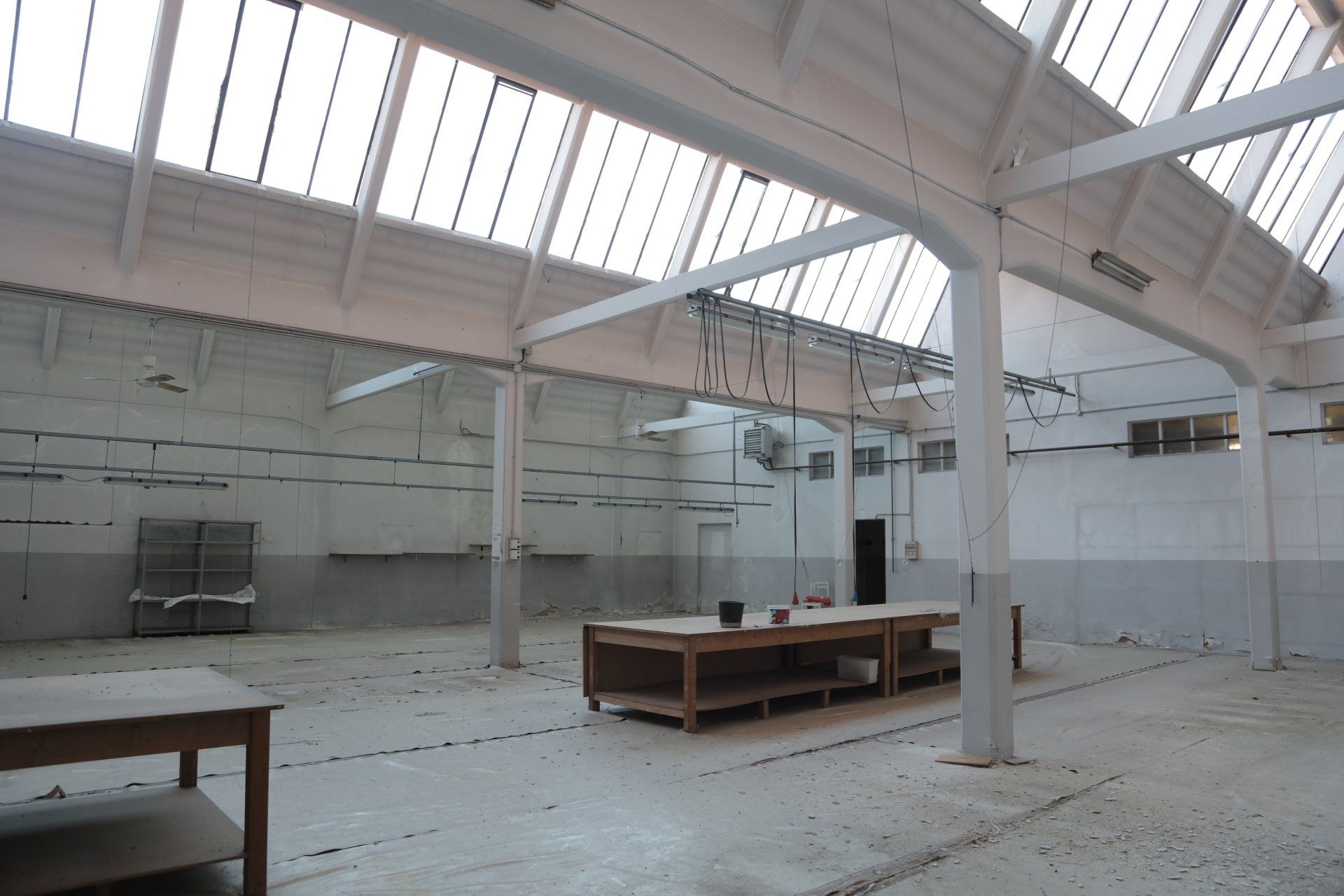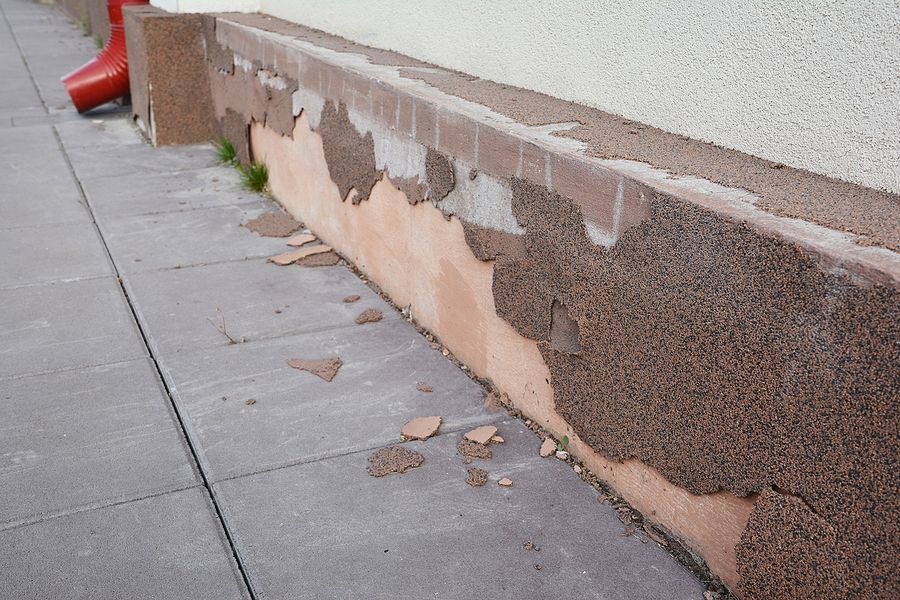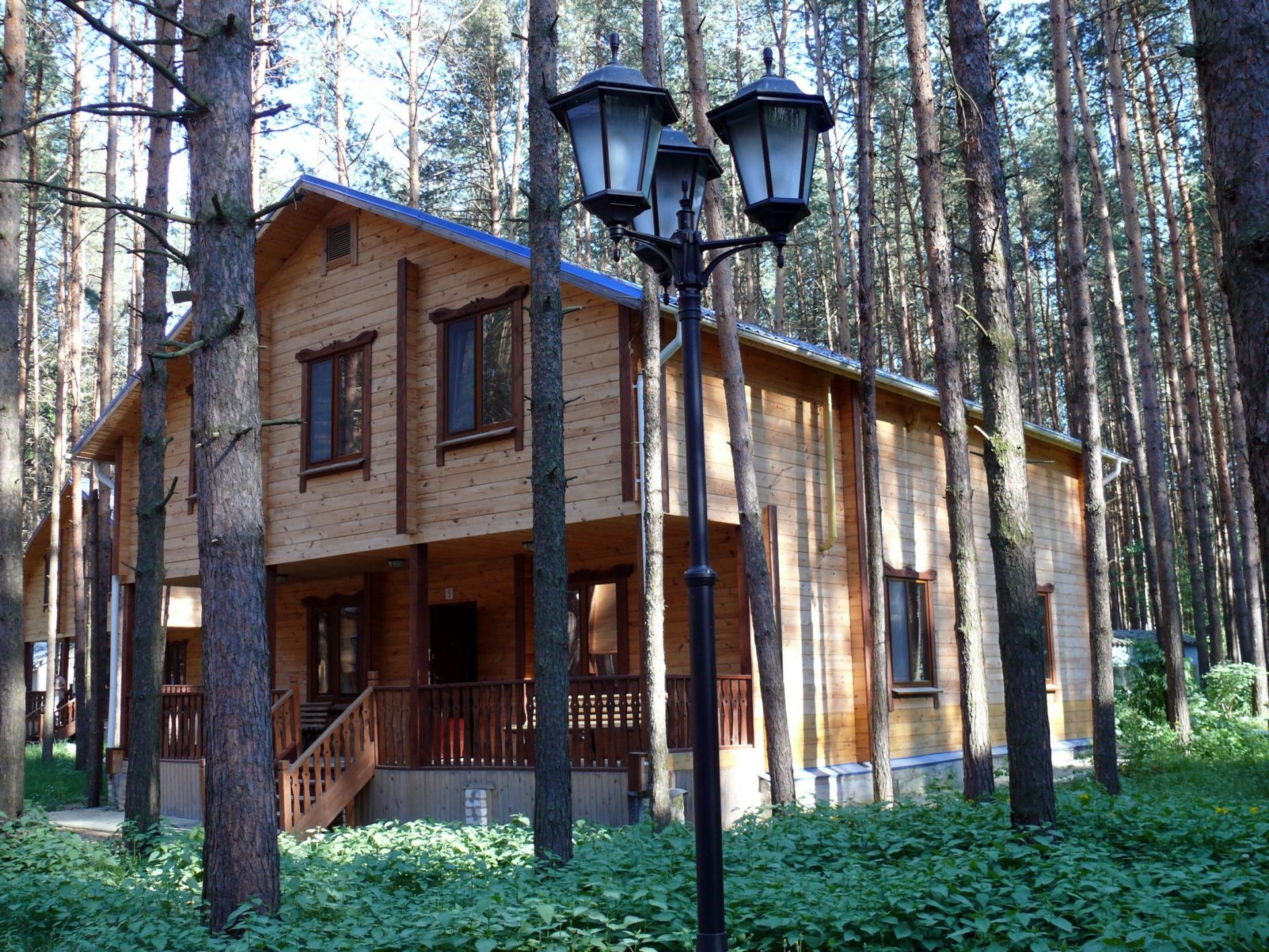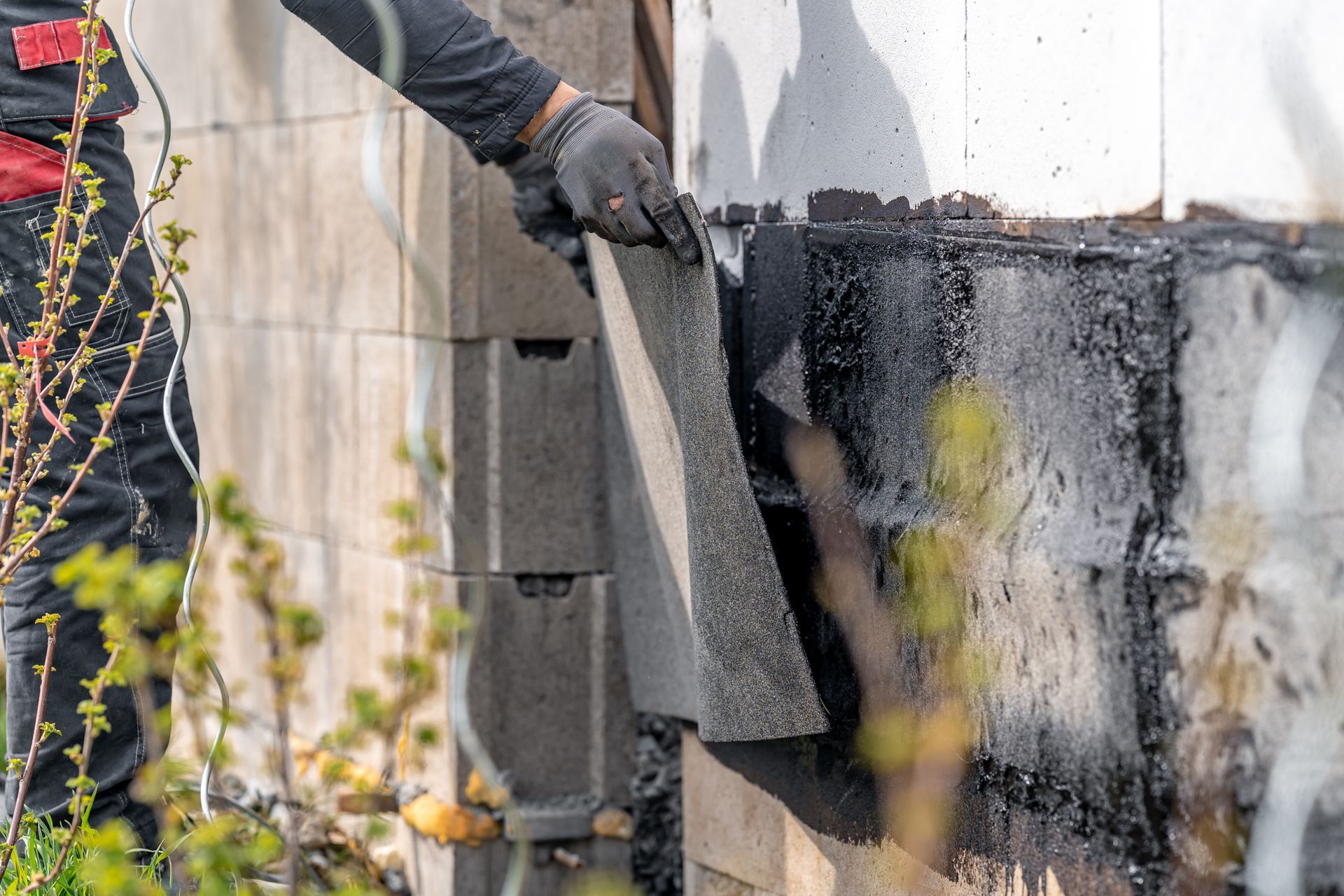Foundation Restoration: Underpinning vs. Leveling Repair Methods
A Deep Dive into Foundation Repair: Underpinning vs. Leveling
When it comes to safeguarding your home's structural integrity, foundation repair and services are crucial. A solid foundation ensures the stability and longevity of your house, making it essential to address any issues promptly. However, with numerous foundation repair methods available, choosing the right one can be daunting. In this article, we'll explore two common methods: underpinning and leveling, to help you make an informed decision.
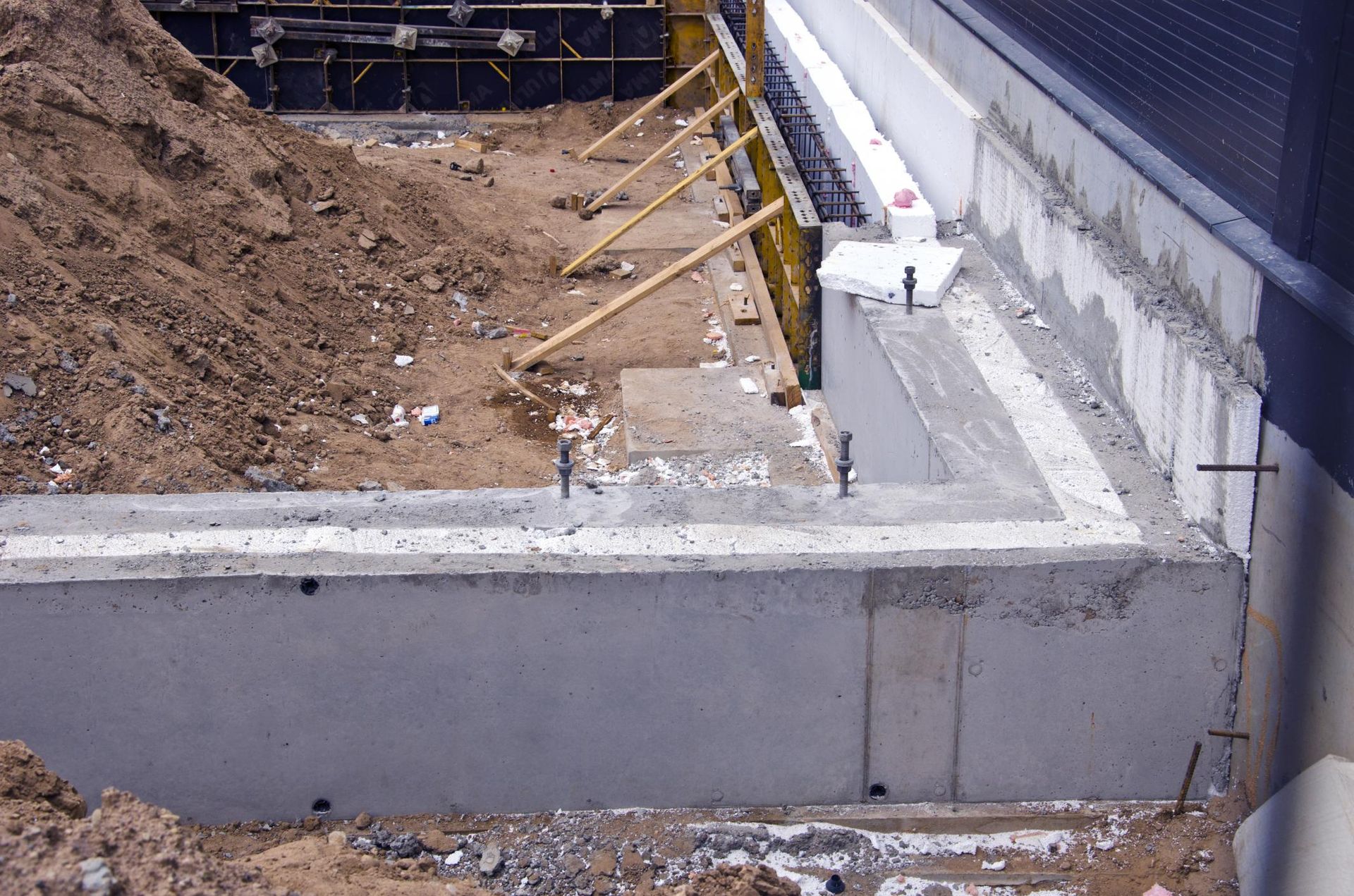
Foundation Types and Common Problems
Before delving into the specifics of underpinning and leveling, it's essential to understand the various types of foundations and the problems they can encounter. There are three primary types of foundations:
1. Slab Foundation: Common in many newer homes, slab foundations consist of a single concrete slab. They are prone to cracking due to soil settling and tree root intrusion.
2. Crawl Space Foundation: This type of foundation includes an elevated space beneath the house. Moisture-related issues often plague crawl space foundations, leading to rot and structural damage.
3. Basement Foundation: Found in many older homes, basement foundations are susceptible to water infiltration, causing mold and structural instability.
Foundation Leveling
Foundation leveling is a method used to address issues where the foundation has sunk or settled unevenly. This can lead to noticeable cracks in walls, uneven floors, and doors that won't close properly. Foundation leveling methods vary, but the most common approach involves the use of hydraulic jacks to lift and level the foundation.
Pros of Foundation Leveling:
- Cost-Effective: Foundation leveling is generally more budget-friendly compared to underpinning.
- Minimal Disruption: The process is relatively non-invasive, causing minimal disruption to your daily life.
- Faster Completion: Foundation leveling typically takes less time to complete compared to underpinning.
Cons of Foundation Leveling:
- Temporary Solution: It may not address underlying soil issues, making it a temporary fix.
- Limited Application: Foundation leveling is suitable for minor settlement issues but may not be ideal for severe foundation problems.
Underpinning
Underpinning involves strengthening the foundation by extending it deeper into the ground. This method is typically chosen when the foundation has experienced significant settlement or damage. Underpinning can be achieved through various techniques, such as installing helical piers, push piers, or concrete piles.
Pros of Underpinning:
- Long-Term Solution: Underpinning addresses the root cause of foundation issues, providing a more permanent fix.
- Strengthens Foundation: It reinforces the foundation's integrity, making it more stable and resilient.
- Versatility: Suitable for a wide range of foundation problems, from minor settling to severe structural damage.
Cons of Underpinning:
- Higher Cost: Underpinning tends to be more expensive than foundation leveling.
- Extensive Disruption: The process can be disruptive and time-consuming, requiring excavation and heavy machinery.
DIY Foundation Leveling
For minor foundation issues or as a temporary measure, some homeowners may consider DIY foundation leveling. While this option can save money, it comes with significant risks. Without the proper knowledge and equipment, attempting foundation repair yourself can lead to further damage and increased repair costs. It's essential to consult with professionals before embarking on any DIY foundation leveling project.
Factors Affecting Foundation Leveling Cost
The cost of foundation leveling varies depending on several factors:
1. Severity of the Problem: The extent of foundation damage or settlement will impact the cost. Minor issues are generally less expensive to address.
2. Foundation Type: Different foundation types require varying techniques and materials, which can affect the overall cost.
3. Labor and Equipment: Labor costs and the equipment needed for the repair play a significant role in the total expense.
4. Location: Geographical factors, such as soil composition and climate, can influence the cost of foundation repair services.
5. Foundation Companies: Prices may vary among foundation repair companies, so it's advisable to obtain multiple quotes for comparison.
Making an Informed Decision
To choose between underpinning and leveling, consider the severity of your foundation issues, your budget, and your long-term goals. Consult with experienced foundation repair professionals to assess the best solution for your specific situation. Remember that a well-maintained foundation is essential for the overall stability and safety of your home. Foundation repair is a critical aspect of homeownership. Whether you opt for foundation leveling or underpinning, it's essential to address any issues promptly and professionally. DIY foundation leveling may be an option for minor problems, but for major repairs, it's advisable to seek the expertise of foundation repair services.
For more information on foundation repair services, waterproofing foundation, and related topics, visit us. You can also explore our other blogs for valuable insights to address your foundation needs.


